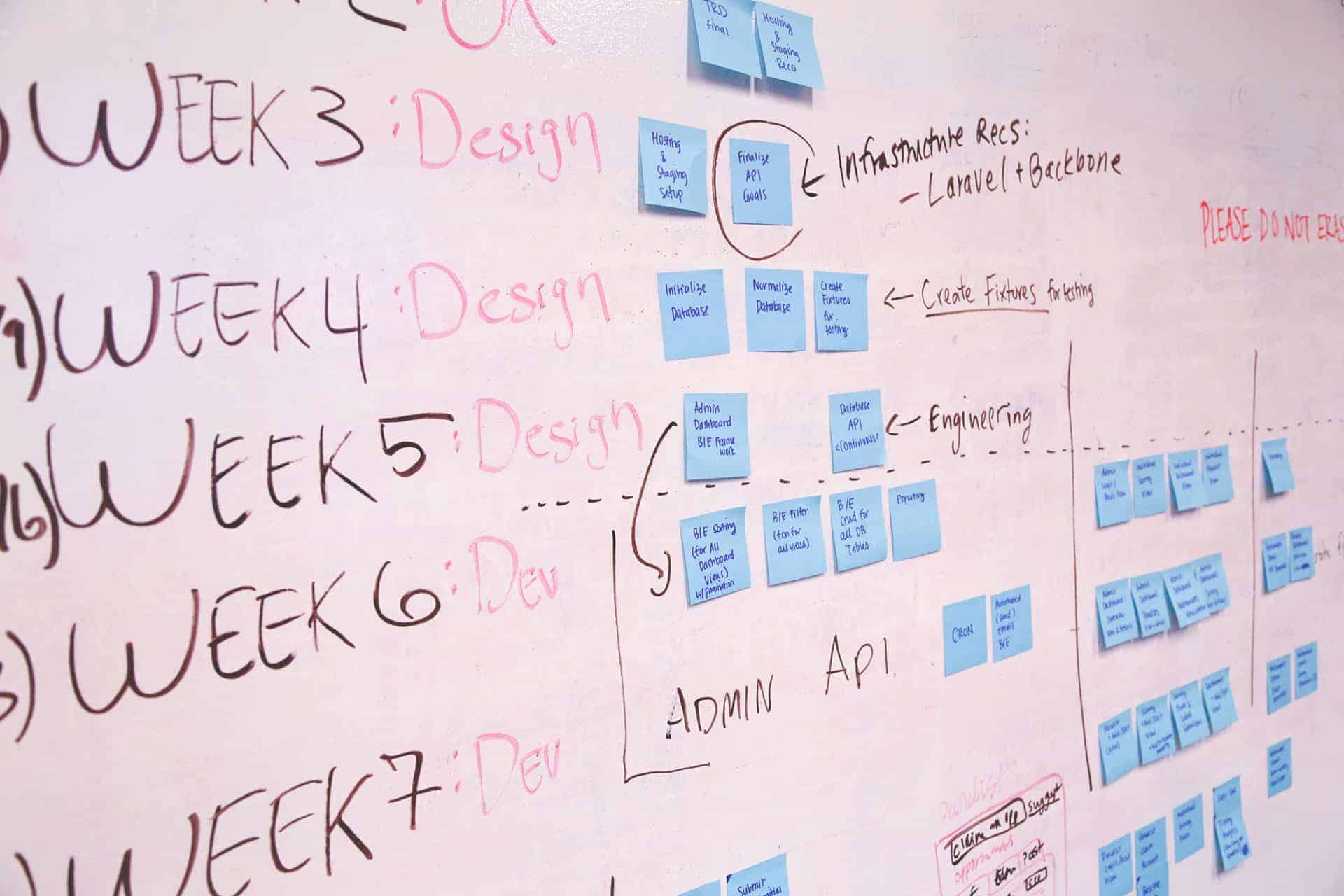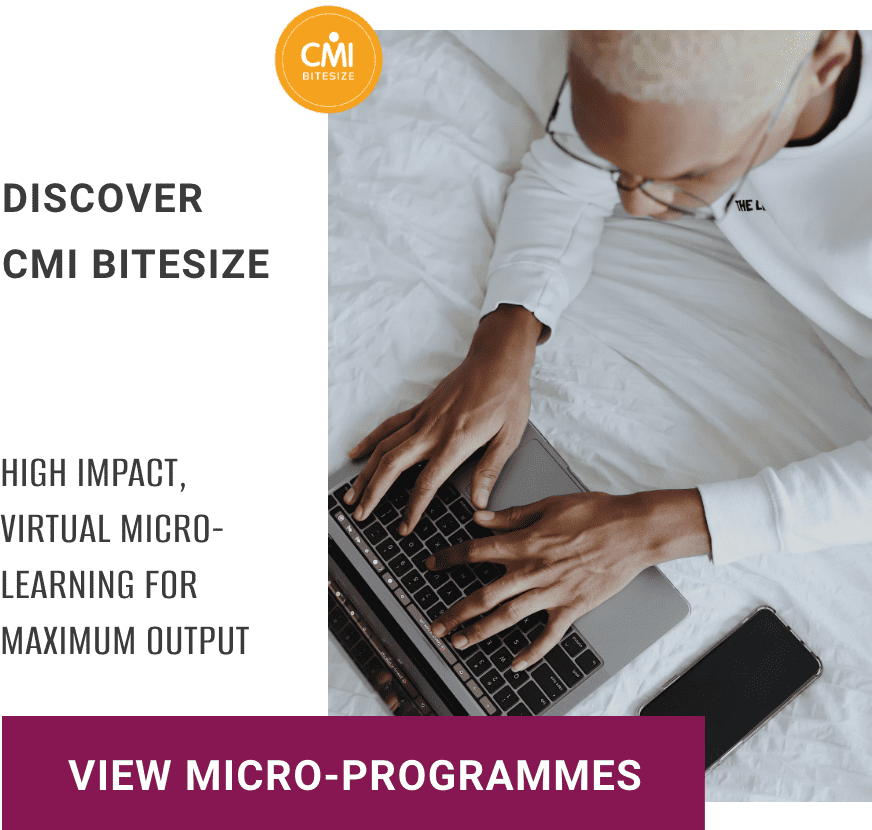There are many variations of effective Career Development Planning, but here is a simple but effective outline version that can be adapted to suit your own work and personal situation, and your own career objectives.
The overwhelming need when preparing this plan is to do it carefully, thoughtfully, and thoroughly, as it will be the foundation on which you build your future.
Also, although it is possible to prepare and implement your plan yourself, it is usually best to work with a trusted advisor or a mentor, as it is very difficult for any individual to be totally objective about their situation, their strengths and weaknesses, and to be able to gather sufficient information about future options.
With the above advice in mind, here are the stages:
Review Current Situation
Review and reflect on your current personal situation – the career-professional progress you’ve made so far, your workplace role, responsibilities, status, your job satisfaction and motivation levels, your financial situation, and your workplace-home life-social life balance.
Research Developments and Trends
Research, read, find information about developments, trends, and forecasts, in your current organisation and business sector, and developments, trends, and forecasts in other types of organisation and business sectors.
Reflect on your research findings – consider whether you wish to stay in your current type of organisation, and sector – or whether there are better prospects in other types of organisation or business sectors.
Keep those findings in mind during the following stages.
Carry Out a SWOT Analysis
Carry out a Personal SWOT Analysis (this is one of those activities which is best done with help, to ensure the analysis is accurate – your own opinion alone may not be accurate!) – identifying your (work-related) Strengths and Weaknesses, and the Opportunities that you may have, and Threats you face (many of these will have been identified in the first 2 Steps).
Decide on Objectives
Decide on your medium-to-long-term career objectives – your ambitions, your aims – making progress in the area of expertise and sector you are currently in, or possibly in other types of work and business sectors.
List those objectives, those aims, those targets – giving as much detail as you can for each one – making sure they are “SMART” objectives.
Note that, at this stage, you will need to take into account more personal issues, such as whether a re-location will be needed – as that will impact on your partner, family, and social life.
Carry Out a Gap Analysis
Firstly, review, analyse, and list the experience, knowledge, qualifications, expertise, that you currently have.
Based on your research and SWOT – above – identify and list differences in: knowledge, understanding, experience, expertise, qualifications, personal image and behaviours, that you will need to have in order to achieve your objectives.
Again, working with an advisor or mentor is recommended here, particularly to help you in identifying the attributes you will need in the future you have decided on.
Prepare a Career Development Action Plan
Take each item identified in your Gap Analysis as being needed to fill the “gap”, and list each one as an Activity in your Plan.
Detail the Resources Needed for Each Action
Add to each Activity details of the: order in which the activities are best carried out, resources (people, providers, equipment, funds), time (learning, gaining qualifications, gaining experience), durations (estimated period to complete each activity), and target completion dates.
Review Your Plan
Review your Plan, ensure that you have not forgotten to include any essential activity, or resource, or have under-or-over-estimated the duration.
Again, an objective, independent opinion would be valuable here.
Implement the Plan
Monitor and Adjust the Plan
Regularly monitor your progress against your Career Development Plan, making adjustments as and when needed, and accept that – due to the need for you to show that you are continuously professionally developing – the Career Development Plan will need to be regularly refreshed and continue for the rest of your working life.
A final word … as has been mentioned above, it is essential that you take into consideration the potential impact of your plan on the lives of others – partner, family, friends – as your decisions will affect them too.








